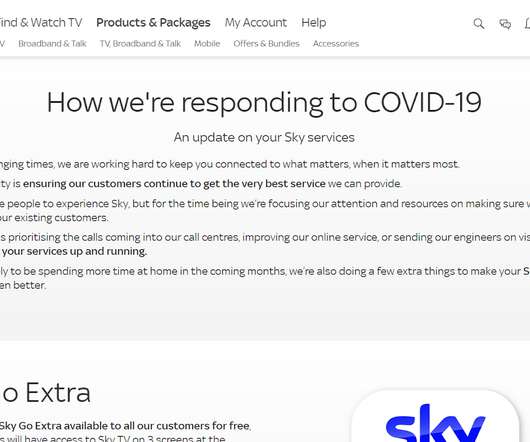Is the Lean Startup Dead?
Steve Blank
SEPTEMBER 5, 2018
Jeff Katzenberg has a great track record – head of the studio at Paramount, chairman of Disney Studios, co-founder of DreamWorks and now chairman of NewTV. Most entrepreneurs today don’t remember the Dot-Com bubble of 1995 or the Dot-Com crash that followed in 2000. ” Fire, Ready, Aim. He just hired Meg Whitman.





































Let's personalize your content